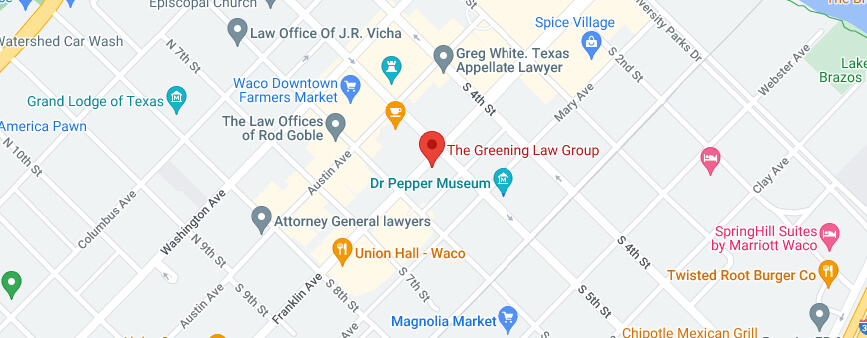In 1963, Clarence Gideon was charged with breaking and entering in Florida. Gideon was unable to afford a lawyer, so he requested the court appoint one for him. At that time Florida law only allowed for the appointment of an attorney for indigent defendants for capital cases. The trial court refused to appoint an attorney, so Gideon represented himself and he was convicted and sentenced to 5 years in prison. Gideon filed a habeas corpus petition in the Florida Supreme Court, arguing that the trial court’s decision violated his constitutional right to be represented by counsel. The Florida Supreme Court denied habeas corpus relief, and he appealed that decision to the United States Supreme Court.
The Supreme Court held, in a unanimous decision, that the Constitution requires state courts to appoint attorneys for defendants who could not afford to retain counsel on their own.
The Court reasoned that the Sixth Amendment’s guarantee of counsel is a fundamental and essential right. The Sixth Amendment guarantees those accused of a crime the right to the assistance of counsel in all criminal prosecutions and requires courts to provide counsel for defendants unable to hire counsel unless the right was competently and intelligently waived.










